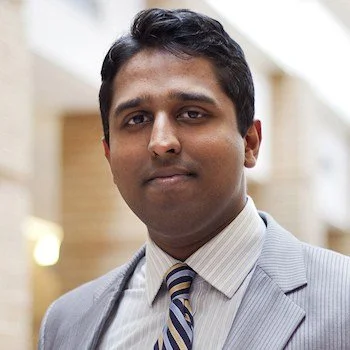
THE HONOR CODE PROCESS
●
THE HONOR CODE PROCESS ●
-
A faculty member or instructor submits a report of suspected academic misconduct.
Reports must be submitted within two months of the semester’s end.
-
A trained student investigator is assigned to the case. They will reach out to the student involved to schedule a meeting and gather information.
-
The investigator meets with the student to understand their perspective.
The student may be offered an Admission of Responsibility (AOR) if appropriate, which results in a reduced sanction and expedited resolution.
-
If no AOR is signed, the case proceeds to a panel of student investigators.
The student is invited to present their perspective and respond to questions.
-
If the panel finds the student responsible, the case is referred to the Faculty Committee on Discipline (FCD).
This faculty panel reviews the evidence and makes the final decision.
-
The instructor is notified and grades are adjusted if necessary.
Students who are found not responsible return to normal grading.
Sanctions (if applicable) may include grade penalties, service hours, or transcript marks.
The Honor Council is responsible for reviewing academic misconduct reports through a fair, student-led process. Whether you're a student who's been reported or a faculty member submitting a case, this page outlines how the process works and what to expect.

Meet Our Administrators
-

Tomika White
HONOR COUNCIL ADMINISTRATOR
B.A Psychology, University of Michigan
“Believe in yourself! Have faith in your abilities! Without a humble, but reasonable confidence in your own powers you cannot be successful or happy.” — Normal Vincent Peale
-

George Sprauge
ECAS ASSISTANT DIRECTOR
B.A. Communication, Western Michigan University; M.Ed., Grand Valley State University
“Always pass on what you have learned.” — Yoda
-

Miesha White
HONOR COUNCIL SENIOR ADMINISTRATIVE ASSISTANT
B.A. Psychology, Women’s Studies & Theatre Performance, University of Michigan
“You’re allowed to be both a masterpiece and a work in progress simultaneously.” — Unknown

Faculty Committee on Discipline





